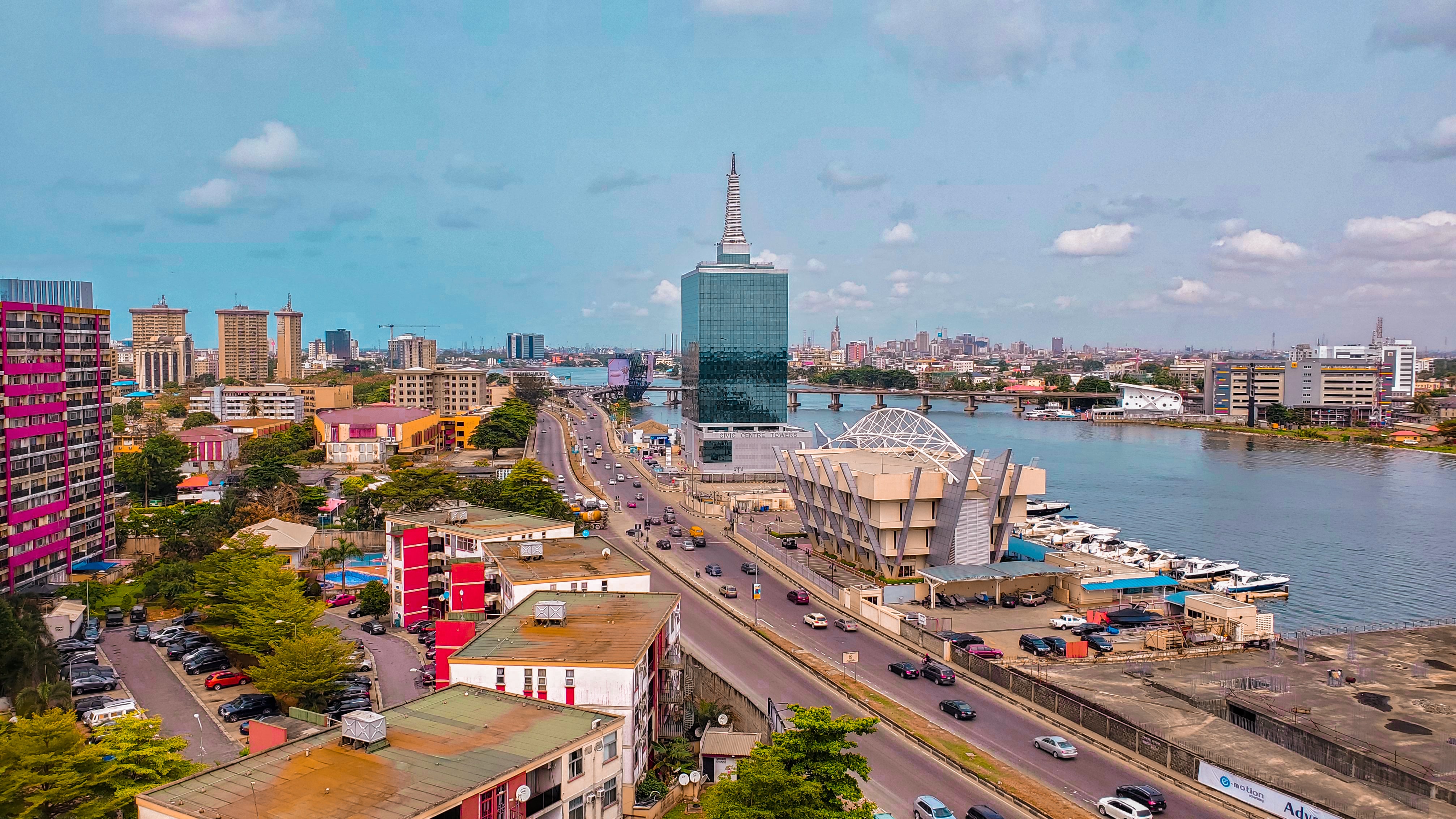
Despite the potential to offer a vast market for consumer goods due to population strength, major economic problems including, surging inflation, depreciating currency, rampant insecurity and electricity shortages are driving US and European multinationals out of Nigeria.
However, as these multinationals exit Nigeria, Asian and local companies are stepping in to fill the void, Bloomberg reported.
Last week, London-based Diageo Plc sold its controlling stake in Guinness Nigeria Plc to Singapore’s Tolaram Group Inc. The Fouani Group, a local firm, now operates a diaper and sanitary pad plant in a complex where Cincinnati-based Procter & Gamble Co. shut down a $300 million facility making similar products.
Similarly, Lagos-based Fidson Healthcare is picking up the slack created by GSK’s departure by expanding its range and exporting its products.
Since becoming the president of Africa’s once-largest economy, President Bola Tinubu has introduced several policies, including fuel subsidy removal and currency depreciation, aimed at boosting government revenue and revitalizing the ailing economy.
However, these policies, criticized by many for poor implementation, have resulted in a haemorrhaging economy.
For instance, the naira has fluctuated wildly in recent months and has dropped 56% against the dollar over the past year, more than any other African currency. Hence, companies that rely on imported goods, raw materials, or equipment experience heightened costs, resulting in decreased profit margins.
While the exits reflect how challenging the Nigerian consumer market has become, they also show the success of companies like Hayat and Tolaram. These firms have effectively adapted to the local market conditions, turning their brands into household names, according to Bloomberg.
Domestic companies and foreign firms now focus on sourcing raw materials locally and manufacturing in Nigeria, thereby avoiding the currency risk that has driven some foreign companies away.
For companies like Tolaram, accustomed to operating in challenging environments such as Indonesia, the key has been to localize as many costs as possible. This strategy has helped turn Indomie instant noodles into one of Nigeria’s most popular brands and facilitated joint ventures with US cereal and snack maker Kellanova and Danish dairy giant Arla Foods.
Tolaram operates 24 “fully backwardly integrated” plants in Nigeria, producing their raw materials and even establishing their oil palm plantations. In contrast, GSK imported its products.
However, this doesn’t mean that local firms aren’t facing challenges. The departure of firms such as Kimberly-Clark Corp., Sanofi SA, and Bayer AG is undermining Nigerian President Bola Tinubu’s efforts to revitalize the struggling economy.
In May, Microsoft Corp. announced it would shut down the engineering section of its Africa Development Center in Nigeria, just two years after its opening.
Also, oil giants Shell Plc, Exxon Mobil Corp., and Eni SpA have sold their onshore operations to local companies, eroding confidence in an industry that accounts for most of Nigeria’s exports and leaving behind decades of environmental damage.
South Africa’s Multichoice Group, the biggest satellite television provider in Nigeria, saw subscriber numbers fall 18% in the year to March saying that Nigerian customers “had to prioritize basic necessities over entertainment.”
Revenue at Johannesburg-based MTN Group Ltd., which runs Nigeria’s biggest mobile phone network, fell 53% in the first quarter of the year when measured in its home currency.
But in challenging environments there is also opportunity, said Girish Sharma, an executive director at Tolaram, who emphasized the company’s belief in Nigeria’s potential.









